First morning, convictions are made, goals identified. I am here to fine tune my ability to hear God. I read an Our Lady of the Pines handout this morning stressing the importance of silence. Internally and externally, eliminating noise. I am here to listen. “I have calmed and quieted my soul…hope in the Lord from this time on and evermore”. A seeker of wisdom, I am. A fool wagging his tongue, an individual demanding attention, I am not. Authentically, to be or not to be. I know who I am and who I am not. My parents instilled a personality trait that I will also put into check. Being overly nice, presenting myself as a bit of a bumbling fool, self-deprecating in words and action, complimenting and praising others, seeking others approval by over-extending myself, clearly and loudly establishing the fact I am a humble, non-egotistical man. I will be serious and quiet, my eyes kept low or distant, avoiding even the demand of beaming God to others. Within silence, I will not petition for attention, imploring others to witness my Godly presence. I am quiet in mind, disposition, and presentation, allowing God to direct and command my activities. Last night I was informed I was assigned a spiritual director. Immediately, I refused, imposing self-will. If the sisters so deign a meeting with a spiritual director, so be it. I prayerfully participate.
The handout greeting retreatants upon entry is Songs of Taize. I have conducted research, discovering the subject of Taize draws a vast array of opinions. Conservative Church voices, as should be expected, express strong concern, fanatical voices declaring outright harsh opposition, due to the emphasis upon an ecumenical approach and the adoption of a New Age approach to prayer. They reason and argue in defense of what they identify as true Catholicism. Pope Francis opens the way to a new Catholicism, rejecting those who feel the need to declare who and what the Church is. Those with the strongest opinions, those clinging to conservative ways as being the only way, those establishing faith through reasoned righteousness and might are a bit left out in the cold. The Taize prayer, or song stems, from a French community in Taize joining Protestant and Cahtolic brothers. The founder Brother Roger Schutz, born in Switzerland in 1915, formed the community as a Protestant, eventually converting to Catholicism. He honors papal authority, a personal friend to all the popes during his life. Brother Roger passed away in 2005.
Jacques Berthier composed Taize song/prayer as it is being incorporated by select parishes throughout the world. The chanting prayer meditatively utilizes simple phrases, in four part harmony, repeating over and over rudimentary concepts. An example is the words of Dismas, the redeemed thief: Jesus remember me when you come into your kingdom. Another is the Taize chant, Veni, Sancte Spiritus (Come, Holy Spirit). The Latin chant ubiquitous at Catholic ceremonies invoking the Holy Spirit.
Overall avoiding conflict, the imposing of self-will during a retreat of listening I embrace rather than judge, unafraid and unreserved. I know who I am and who I am not. I am a man of prayer, not a man seeking to rule. I am a human striking deeper into faith, a man of weakness attempting to build upon progress made, while recognizing the intense and difficult path ahead. I just came across words of a blogger describing his education, comments following the receiving of his doctorate. When I received my bachelor’s degree, I thought I was really smart. The world was mine for the conquering. When I received my Master’s, I felt humbled, wondering what ever gave me the courage to think I knew so much. When I received my Doctorate I honestly looked about confused, realizing I really possessed so little knowledge. In conclusion, I resort to a comment I made on a recent post. I am Catholic not to be self-righteously Catholic, a fanatical fan supporting his favorite team, collecting playing cards of favorite players, learning intricacies and canon law for the sake of being judgmentally and victoriously Catholic. I am not Catholic for the sake of being Catholic. I am not a student competing to graduate with the highest honors. I am a broken human being trying to get well. Catholicism authentically provides a path to perfection, the means to becoming a man of depth. Salvation, grace and mercy for family and loved ones is everything. Personal victories, the defeating of others, and accolades are not necessary. It is all a part of the quieting of myself. I am ceasing to fight all things.
Finally words of Pope John Paull II, friend to Brother Roger Schutz, both men intimately involved in the horrors of World War II. Brother Roger’s story is interesting. He rode his bicycle from Geneva to Taize, France. There in 1940, he and his sister purchased a home on the warring front, utilizing the home to hide refugees. There the spirit of the Taize community was born during World War II. Standing peacefully in the face of the Nazis, he subversively sheltered individuals. Eventually, he would be forced to abandon his efforts when the Gestapo became aware of his efforts. Understanding the roots of the community is essential in establishing permanency. Relevancy in regards to one’s birth provides a fruitful future; one must know how and where one arose. Organizations must also know who they are, as Pope Leo XIII states all organizations must return to that which gave them birth if they are to prosper, in monastic communities that process being recognized as reform. In faith as Christians that being known as Christ. A cleansing reform is not the embracing of new concepts, rather the return to that which gave something life. Foreseeing the complications the Taize community would confront, Pope John Paul II comments and encourages: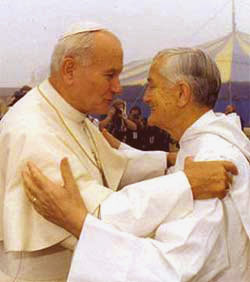
“I do not forget that in its unique, original and in a certain sense provisional vocation, your community can awaken astonishment and encounter incomprehension and suspicion. But because of your passion for the reconciliation of all Christians in a full communion, because of your love for the Church, you will be able to continue, I am sure, to be open to the will of the Lord. By listening to the criticisms or suggestions of Christians of different Churches and Christian communities and keeping what is good, by remaining in dialogue with all but not hesitating to express your expectations and your projects, you will not disappoint the young, and you will be instrumental in making sure that the effort desired by Christ to recover the visible unity of his Body in the full communion of one same faith never slackens.”

Brother Roger Schutz

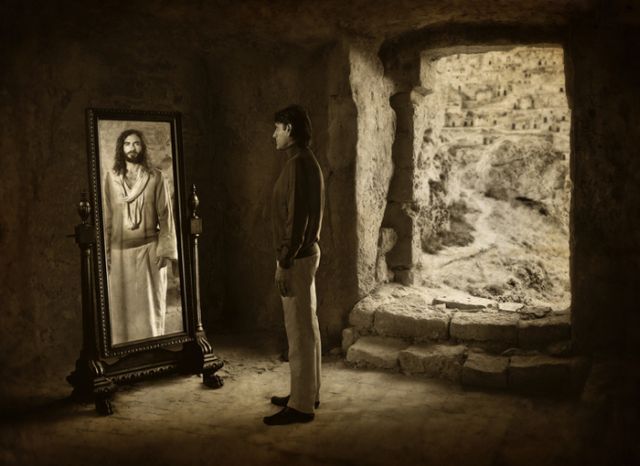

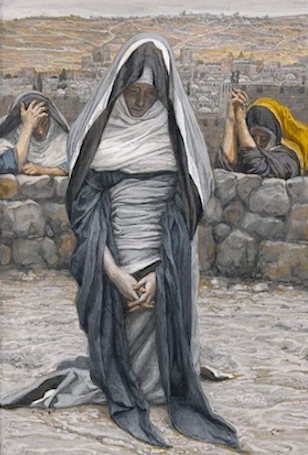
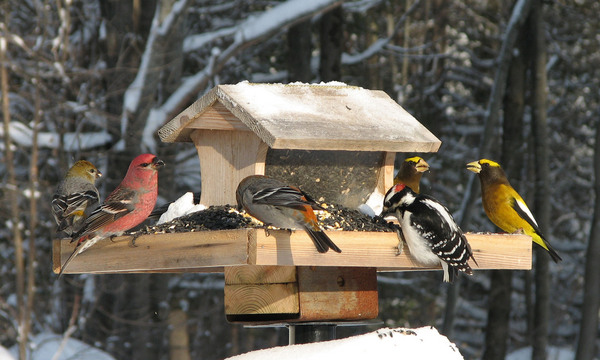


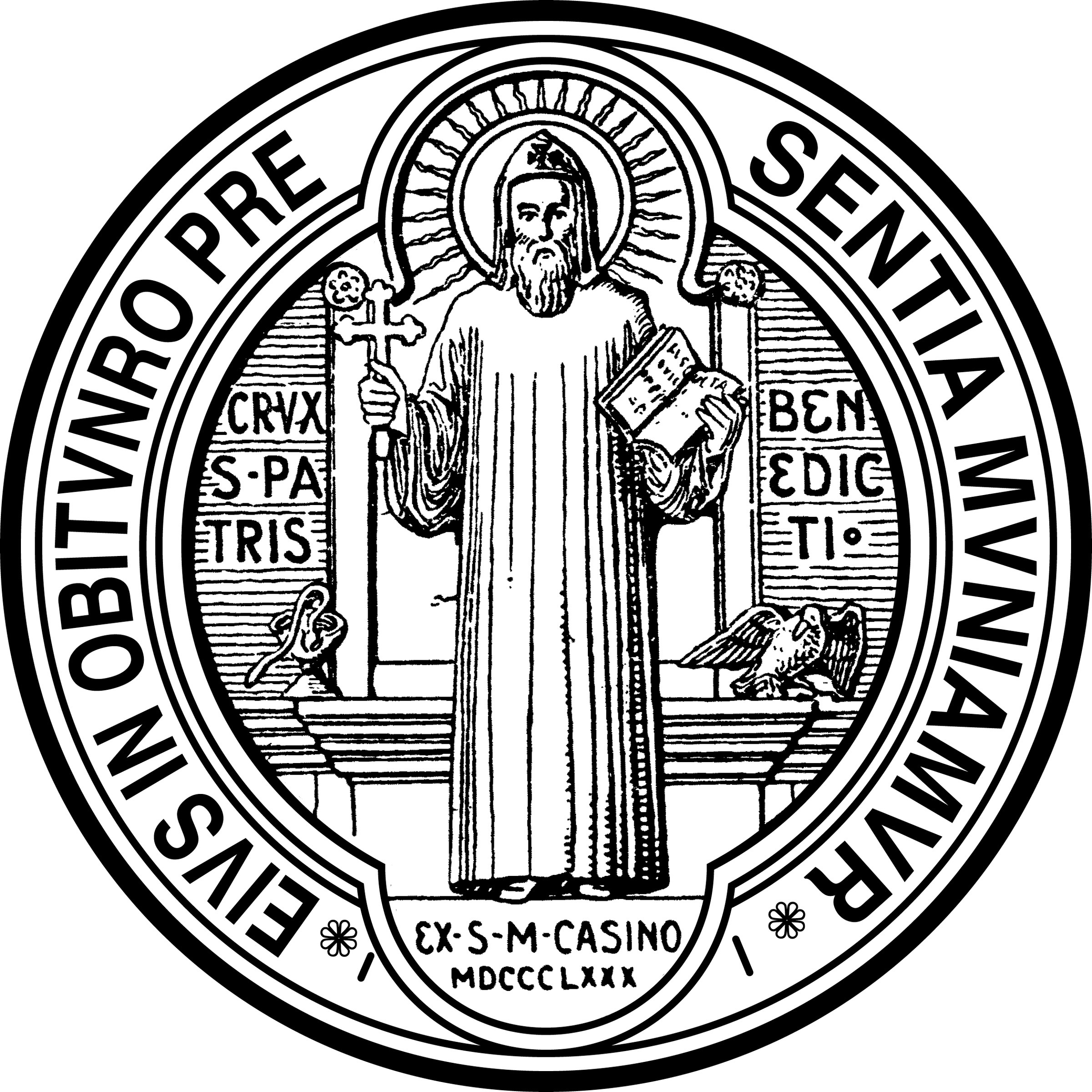
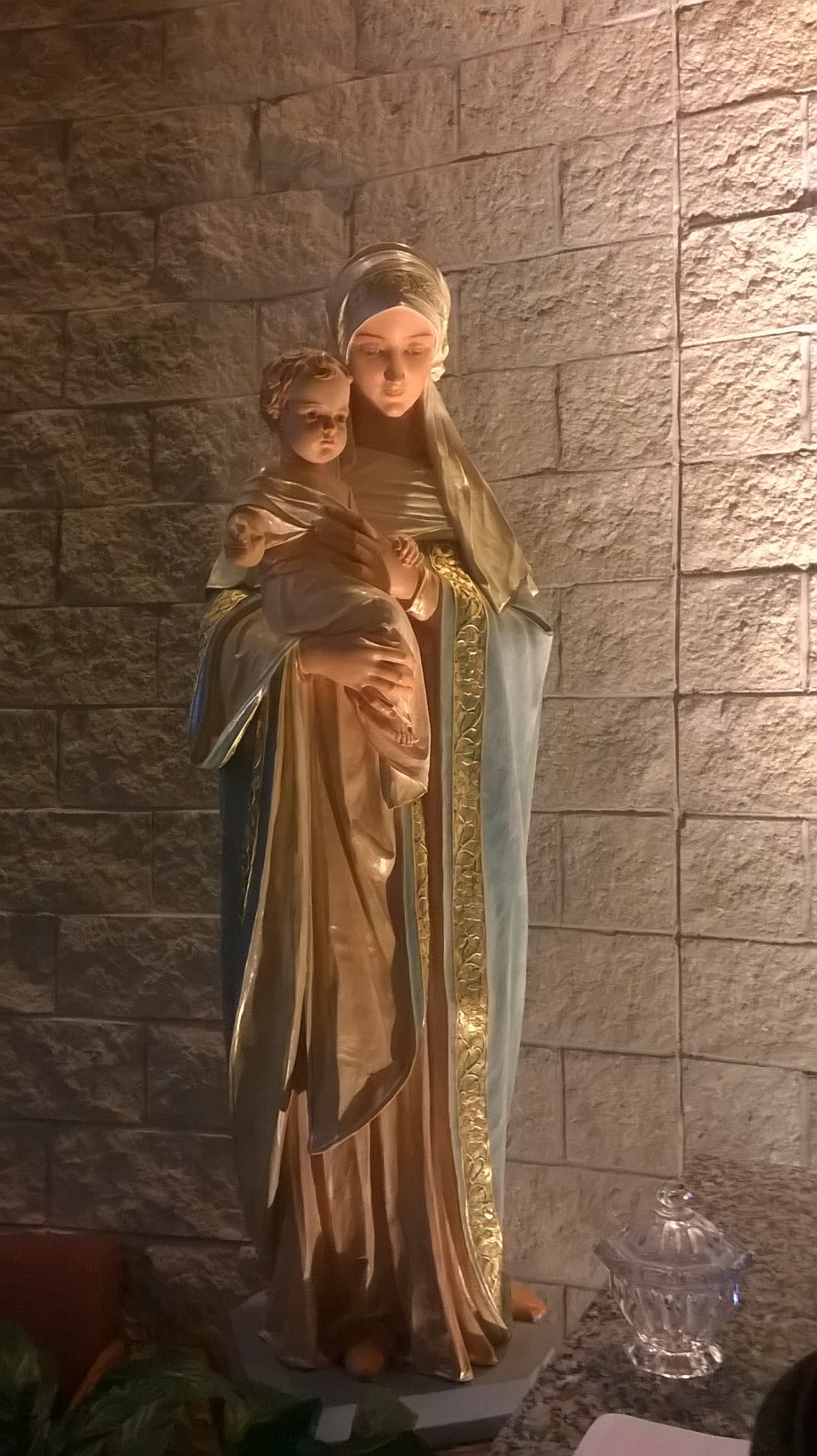
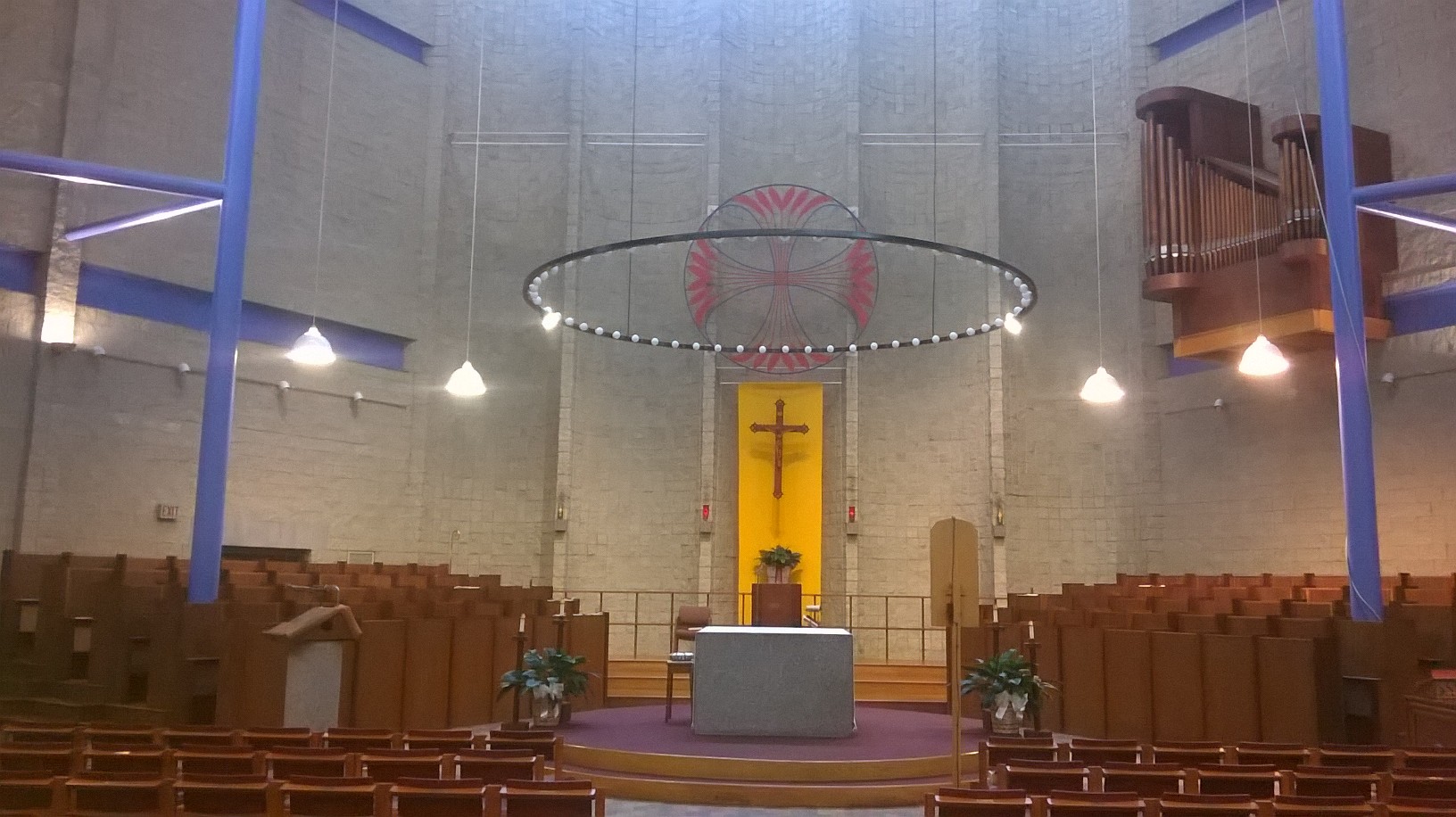
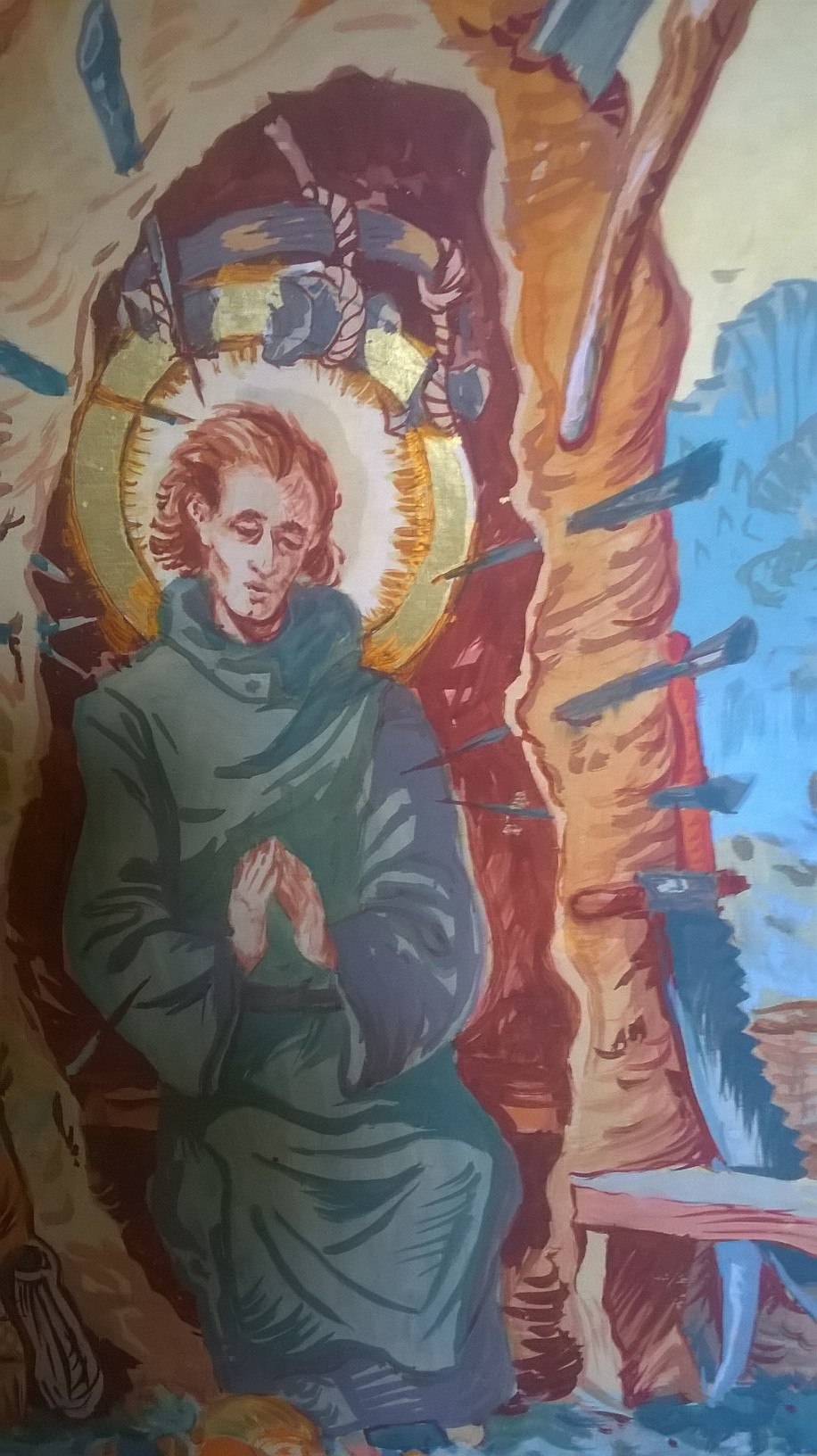
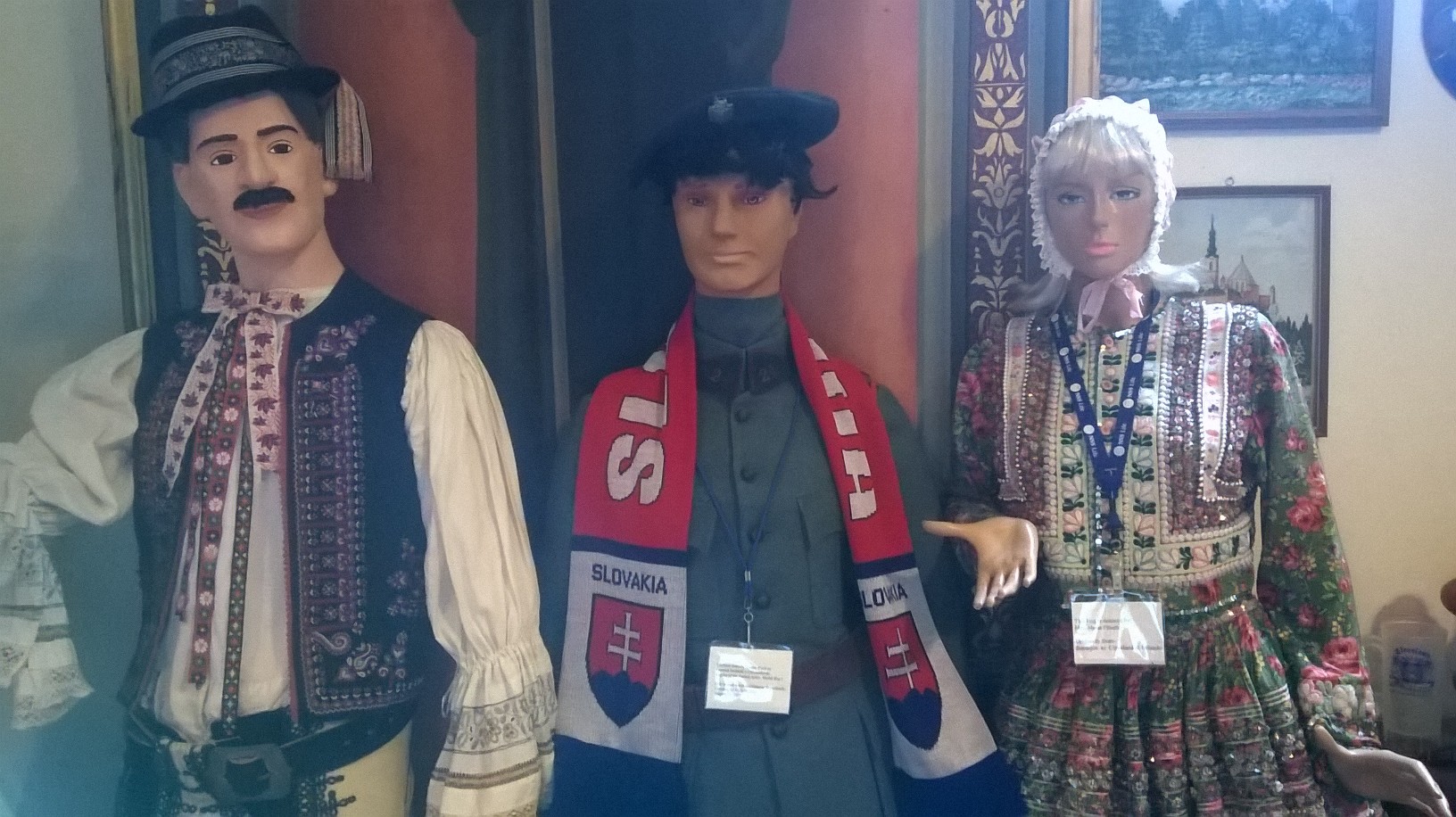
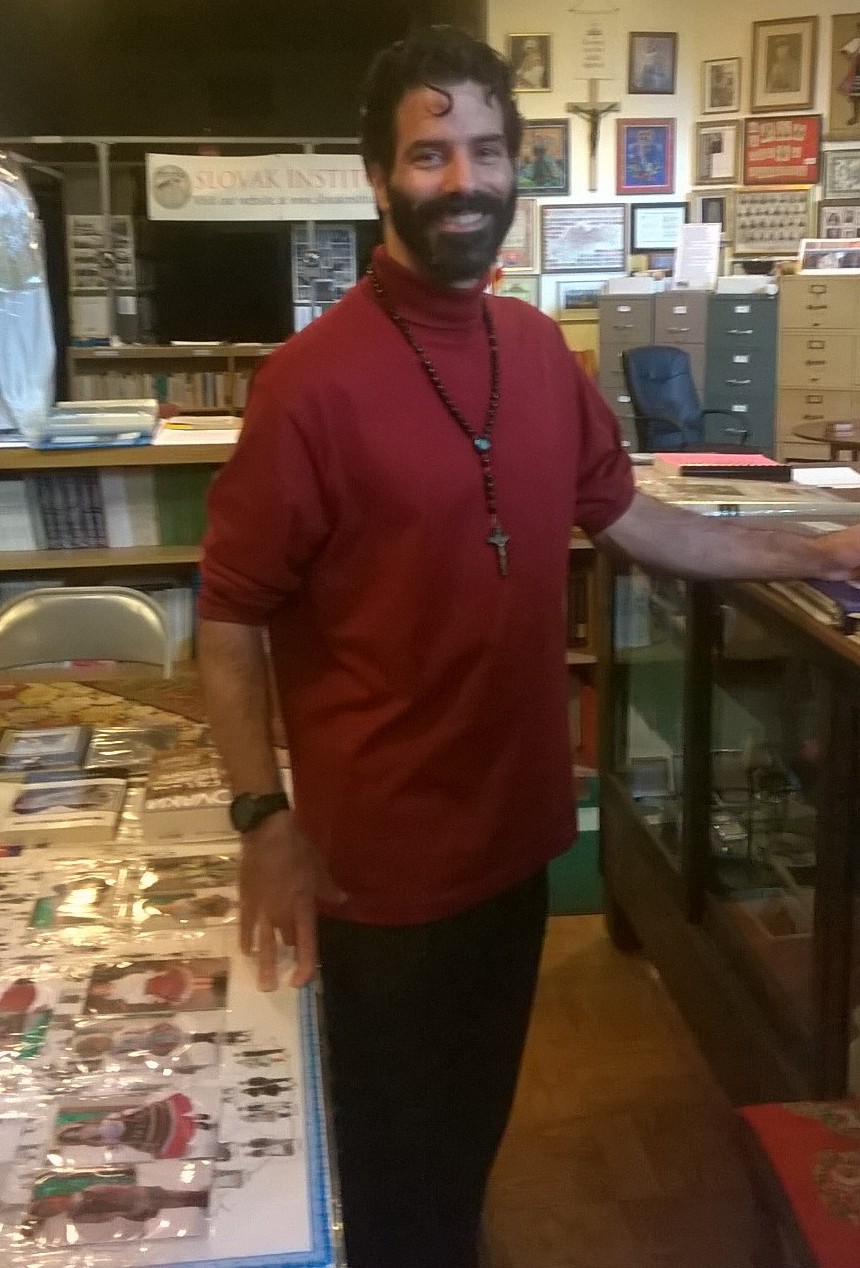
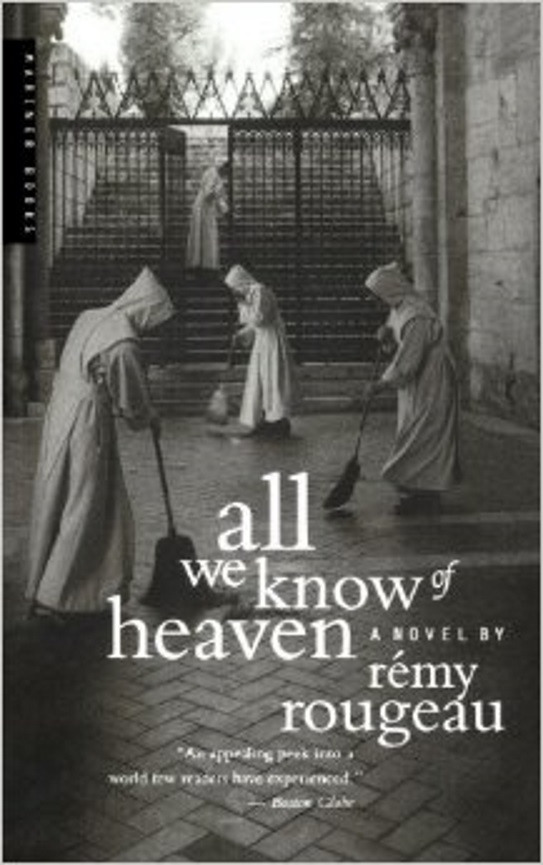
Recent Comments